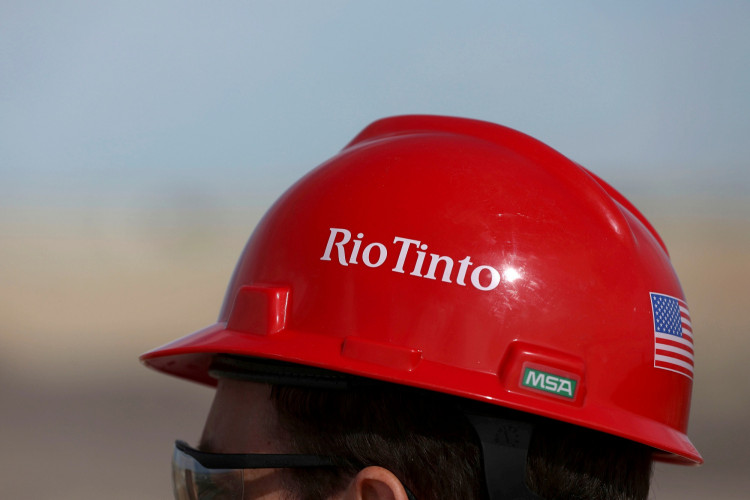Metals and mining giant Rio Tinto Group is now under heavy fire from its investors and several advocacy groups after it destroyed a 46,000-year-old sacred Indigenous site in Australia. Due to the pressure, the company's chief executive officer and two other executives have chosen to voluntarily step down.
According to the company, CEO Jean-Sébastien Jacques will be stepping down from his position once a successor is chosen or by the end of March next year, whichever comes first. The two other executives that will be leaving the company are the company's head of its iron ore unit, Chris Salisbury, and its head of corporate relations, Simone Niven.
Rio Tinto chairman Simon Thompson admitted in a statement that what had happened at the Juukan indigenous site in Australia was "wrong." He assured stakeholders that such wanton destruction of a significant archaeological and cultural site will never happen again.
Thompson was referring to the destruction of two rock shelters located in Western Australia after the company went forward with mining operations in the area. The shelters were found to have contained artifacts more than 46 centuries old.
The Juukan Gorge caves were destroyed back on May 24 despite years of litigation against the company's mining operations in the region. Local custodians of the area, which included the indigenous Puutu Kunti Kurama and Pinikura people had lodged suits against the company in an attempt to halt its mining activities. In June, Rio Tinto issued an apology for its actions.
Last month, the company admitted that it had failed to meet some of its own standards involving its policies on the protection of cultural heritage sites. A public outcry and calls for the removal of some of the company's executives immediately ensued after the company refused to fire those who were responsible for the destruction of the caves.
Last week, Rio Tinto revealed that it had received notices from "significant stakeholders," who have expressed concerns over the company's accountability concerning the issue. The head of legal counsel and strategy at the Australasian Centre for Corporate Responsibility, James Fitzgerald, noted that the damage done by the company to such as a significant site for the country's Aboriginal people was "irreparable."






